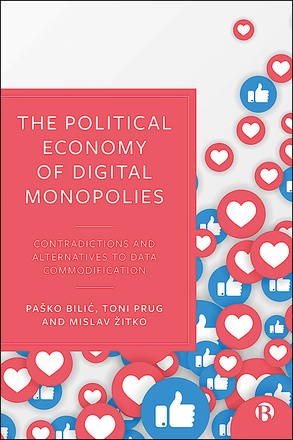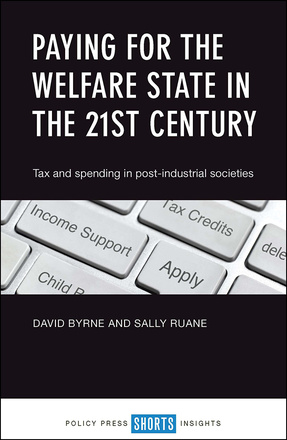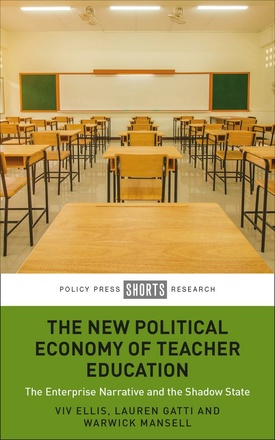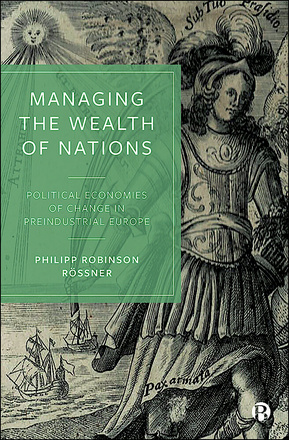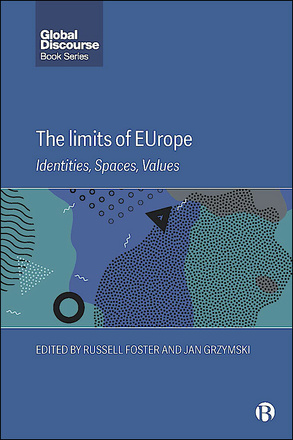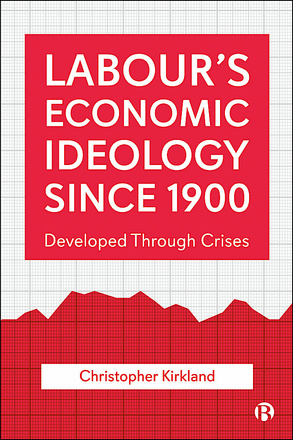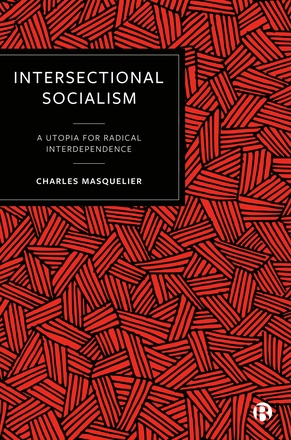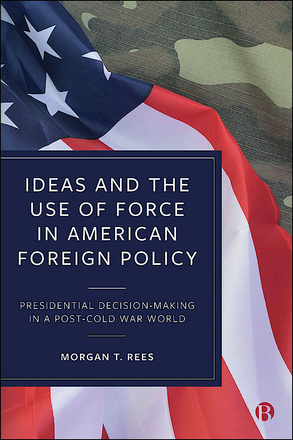Political Economy
The Political Economy of Digital Monopolies
Contradictions and Alternatives to Data Commodification
As outrage over the socially damaging practices of technology companies intensifies, this book asks what it actually means to hold a 'monopoly' in the tech world and offers an in-depth analysis of how these corporate giants are produced, financialized, and regulated.
Platform Politics
Corporate Power, Grassroots Movements and the Sharing Economy
This book charts the rise and fall of the ‘sharing economy’, the controversial lobbying tactics used by the central companies and the backlash seen so far. It offers key policy recommendations and presents state-of-the-art knowledge around the past, present and future of the platform economy.
Paying for the Welfare State in the 21st Century
Tax and Spending in Post-Industrial Societies
Amid urgent debates around the function of welfare in the post-industrial 21st Century, and how we pay for it, David Byrne and Sally Ruane deploy the concepts and analytical tools of Marxist political economy to better understand recent developments, and the possibilities they present for social change.
The New Political Economy of Teacher Education
The Enterprise Narrative and the Shadow State
Adopting a political economy perspective, Viv Ellis, Lauren Gatti and Warwick Mansell present a unique and international analysis of teacher education policy in the US, England and Norway after the 2008 Global Financial Crisis.
Money
Myths, Truths and Alternatives
Mary Mellor examines money’s social, political and commercial histories to debunk longstanding myths such as money being in short supply and needing to come from somewhere. She sets out a new finance system, based on green and feminist concerns, to bring radical change for social good.
Managing the Wealth of Nations
Political Economies of Change in Preindustrial Europe
This pioneering work debunks the neoliberal origin myth of how capitalism came into the world. Rössner follows the development of capitalism from the Middle Ages through the industrial revolution to the modern day, casting new light on the areas where premodern political economies of growth and development made a difference.
Love and the Market
How to Recover from the Enlightenment and Survive the Current Crisis
Revisiting philosophical developments, historical figures and events, including Adam Smith, colonialism and modernity, this interdisciplinary book presents a ‘loving critique’ of society. It shows how learning to love better is key to releasing ourselves from the alienating grip of the market.
The Limits of EUrope
Identities, Spaces, Values
Over recent years, a series of challenges including Brexit and the rise of Euroscepticism, have manifested in landmark moments for European integration. First published as a special issue of Global Discourse, this edited collection investigates whether these crises are isolated phenomena or symptoms of a deeper malaise across the EU.
The Lies We Were Told
Politics, Economics, Austerity and Brexit
Simon Wren-Lewis' widely-read Mainly Macro blog is an influential resource for policymakers, academics and social commentators. This book tells how damaging political and economic events of recent years became inevitable and serves as a warning to avert future disasters on this scale.
Labour’s Economic Ideology Since 1900
Developed Through Crises
This book offers a systematic exploration of the drivers and key ideas behind the Labour Party’s economic ideology. In demonstrating how crises have affected the party’s economic policy, the book presents a historical analysis of the party’s evolution since its formation and offers insights into how future changes may occur.
Intersectional Socialism
A Utopia for Radical Interdependence
Drawing on theoretical and empirical studies, this book offers a unique and timely reformulation of socialism adapted to current challenges. It makes explicit the ‘silent utopia’ of intersectionality theory and lays the conceptual groundwork for an emancipatory politics.
Ideas and the Use of Force in American Foreign Policy
Presidential Decision-Making in a Post-Cold War World
Examining the post-Cold War period, this book sets out to explain why and when US presidents choose to use force. It develops new explanations for variation in the use of force in US foreign policy by theorizing and demonstrating the effects of the displacement and repression of ideas within and across different US Presidential administrations.







